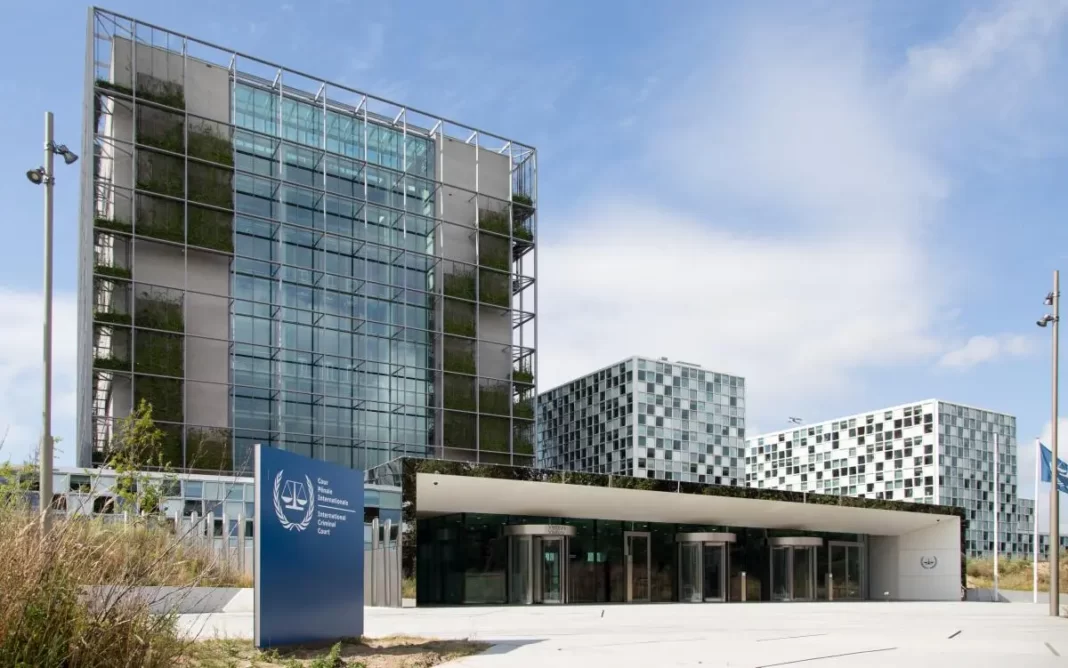The International Criminal Court issues an arrest warrant for Putin
Diplomat Times (The Hague)- The International Criminal Court has issued an arrest warrant for Russian President Vladimir Putin for alleged war crimes involving accusations that Russia has forcibly taken Ukrainian children.
The ICC also issued a warrant for Putin’s commissioner for children’s rights, Maria Lvova-Belova.
The court said in a news release Friday the two are “allegedly responsible for the war crime of unlawful deportation of population (children) and that of unlawful transfer of population (children) from occupied areas of Ukraine to the Russian Federation.”
The move by the criminal court at the Hague marked a significant step, requesting the arrest of a sitting world leader — even as analysts acknowledged the chances of arresting President Putin are slim.
READ MORE ABOUT PUTIN | Putin blame West of stoking global war to destroy Russia
Indeed, in Moscow, officials were quick to note Russia has never signed on as a party to the ICC as they dismissed the charges outright.
Mr Vladimir Vladimirovich Putin, born on 7 October 1952, President of the Russian Federation, is allegedly responsible for the war crime of unlawful deportation of population (children) and that of unlawful transfer of population (children) from occupied areas of Ukraine to the Russian Federation (under articles 8(2)(a)(vii) and 8(2)(b)(viii) of the Rome Statute). The crimes were allegedly committed in Ukrainian occupied territory at least from 24 February 2022. There are reasonable grounds to believe that Mr Putin bears individual criminal responsibility for the aforementioned crimes, (i) for having committed the acts directly, jointly with others and/or through others (article 25(3)(a) of the Rome Statute), and (ii) for his failure to exercise control properly over civilian and military subordinates who committed the acts, or allowed for their commission, and who were under his effective authority and control, pursuant to superior responsibility (article 28(b) of the Rome Statute).
The Chamber considered that the warrants are secret in order to protect victims and witnesses and also to safeguard the investigation.
Nevertheless, mindful that the conduct addressed in the present situation is allegedly ongoing, and that the public awareness of the warrants may contribute to the prevention of the further commission of crimes, the Chamber considered that it is in the interests of justice to authorize the Registry to publicly disclose the existence of the warrants, the name of the suspects, the crimes for which the warrants are issued, and the modes of liability as established by the Chamber.

